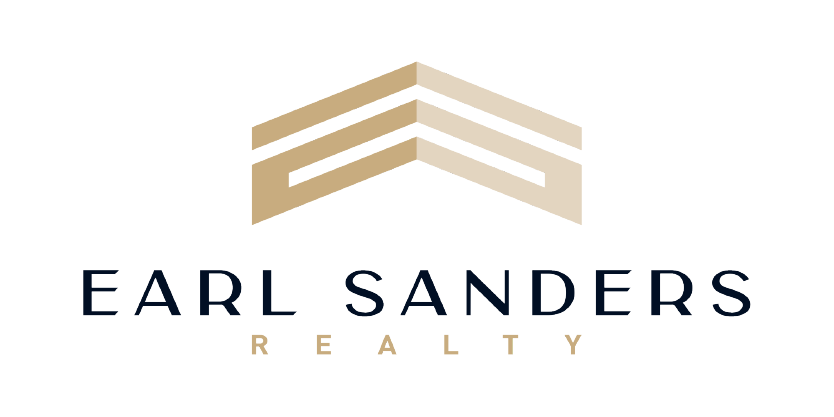What Are Property Management Fees?
If you own rental properties, eventually you will need to hire a property management company to handle your day-to-day operations. You won’t be able to manage all those properties yourself, nor will you want to. It would be too time-consuming, not to mention you would lose out on other investment opportunities. Hiring a property management company is a way to offload some responsibility while still making sure your properties are being managed correctly. A property management company will handle the day-to-day tasks of collecting rent from your tenants, as well as maintenance and handling any tenant issues. Property management fees cover the cost of these services, as well as administrative overhead and profit for the company.
Are Property Management Fees Tax Deductible?
This is one of the most common questions property investors ask. The short answer is that yes, property management fees are tax deductible, but not all of them. Different types of fees are treated differently for tax purposes. The general rule of thumb is that property management fees are only tax deductible if they are a necessary expense for managing your rental property. If you are simply hiring a property management company because it is easiest for you, the fees are not tax deductible. Keep in mind that all tax deductions are subject to certain rules, such as how much you make, the type of property, and if you are an individual or business owner.
What Kinds of Property Management Fees Are Deductible?
Most of the time, property management fees are expenses related to the management of your rental property. This includes managing your rental property, tenant issues, maintenance, and other property-related tasks. Property management fees also cover the cost of hiring a third-party accountant or bookkeeper to keep track of your rental expenses, as well as other third-party professionals, like attorneys. Keep in mind that not all property management fees are tax deductible. The fee must be a necessary expense. For example, if your property management company has a website with all the information a tenant would need to find and rent your property, and you pay the company to add your properties to their website, the website fee is deductible. However, if you pay the company to build you a website, the website fee is not deductible.
What Kinds of Property Management Fees Are Not Deductible?
Some of the fees you pay for your property management company are likely not tax deductible. These fees include:
- A portion of the manager’s hourly rate, bonus, or salary
- Unrelated third-party costs, such as consultants
- Any fees related to owning and maintaining the property, such as repairs
- Any fees for special services, such as marketing
Tips for Maximizing Your Property Management Tax Deduction
If you want to make sure your property management fees are tax deductible, keep the following tips in mind: If you are claiming a property manager as an expense, make sure you keep good records like the date you hired the manager, the name of the company, and how much you paid. If you are self-employed, you can claim the property manager as a business expense. This means you can write off the property management fee on your tax return, which will likely save you money at the end of the year. In order to do this, you will need to file a Schedule C with your tax return, and the property management fee will be an expense on that form. This can be advantageous for a few reasons: You can deduct more of the expense from your income, which can reduce your tax bill. You can write off more of the expense, which can make it easier to get a larger tax refund You can deduct the property management fee each year, which can help you build your self-employed income
In this guide, we’ve discussed what property management fees are and what they cover, as well as whether or not they are tax deductible. We’ve covered what kinds of fees are deductible and what kinds of fees are not deductible. We’ve also provided some tips for maximizing your property management tax deduction. If you’re an investor, knowing the rules surrounding these fees is important in order to make sure you’re getting all the deductions you’re entitled to. Visit the IRS website for more tips on rental real estate income, deductions, and record-keeping.
For more information on property management, contact Earl at (757) 329-9854 or email earl@earlsanders.com today.



